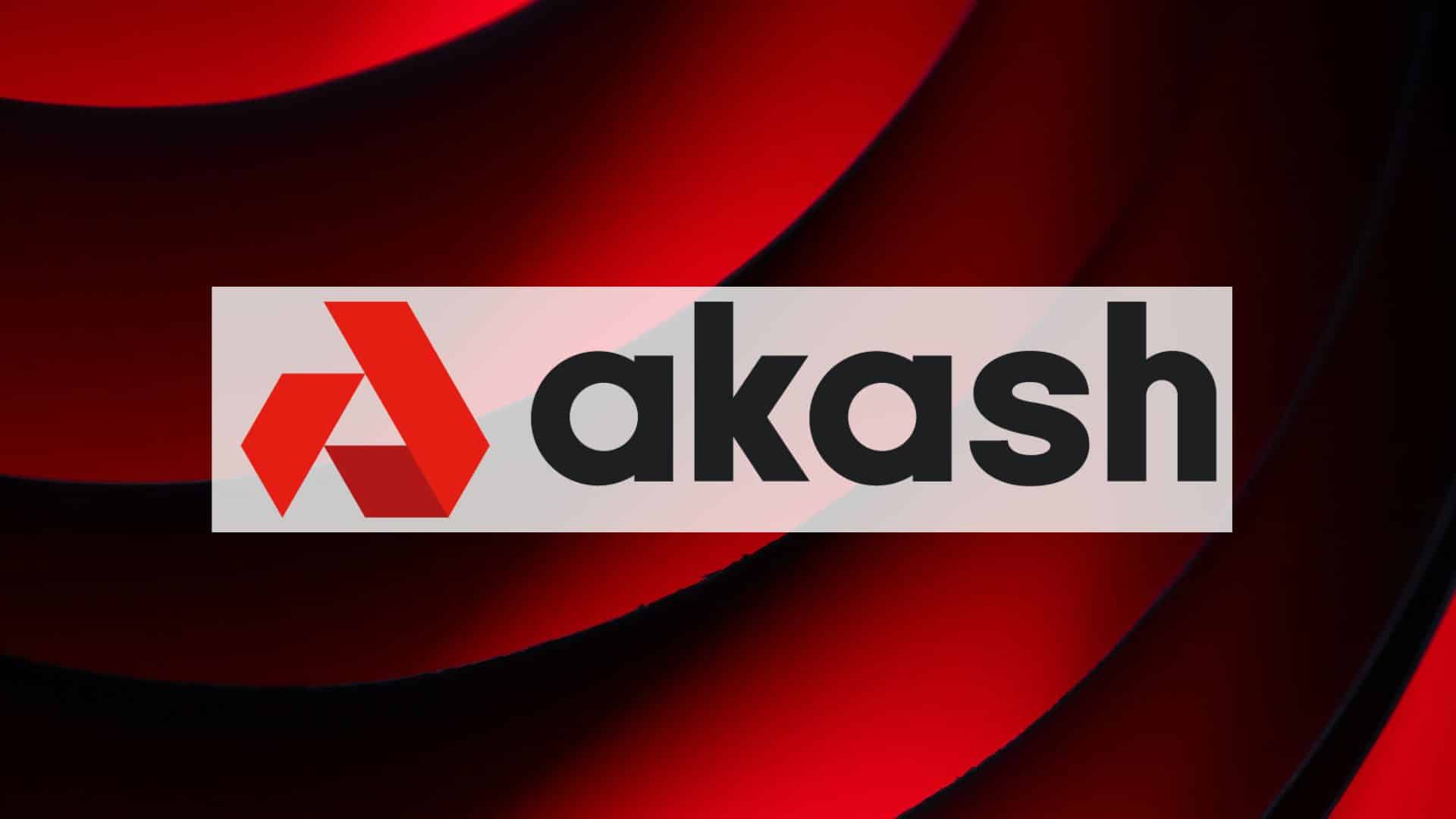Top Programming Languages For Blockchain Engineer
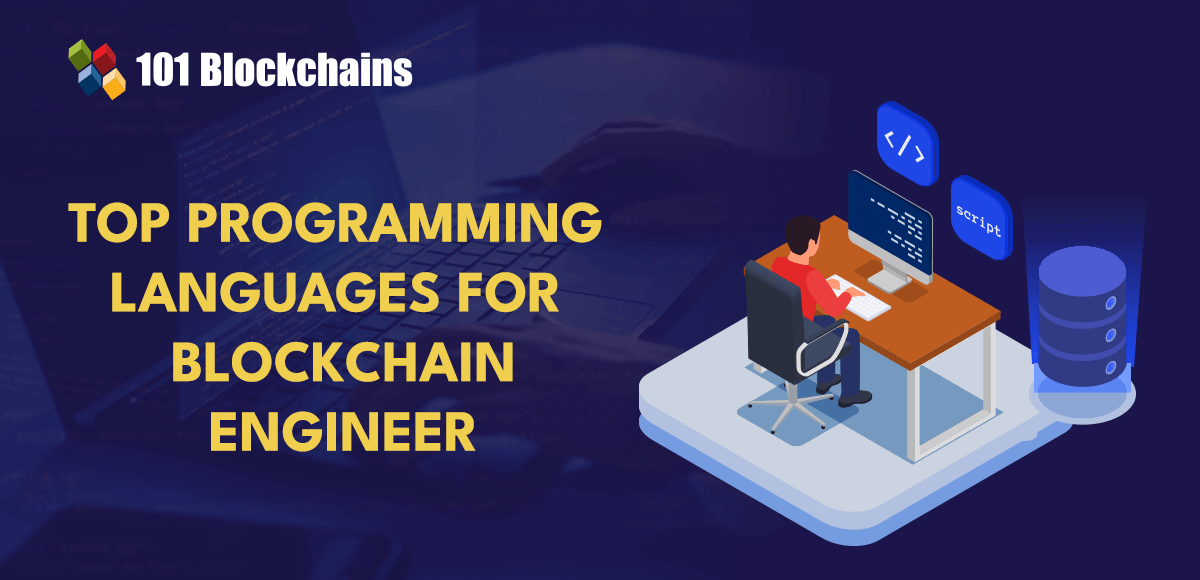
Blockchain technology arrived in 2008 and took some time before rising to prominence. One of the most popular use cases of blockchain technology, which propelled it to fame, includes cryptocurrencies. Gradually, blockchain technology became an important tool for creating decentralized applications and smart contracts that fuelled many other use cases. Therefore, the demand for blockchain developers and engineers has been increasing exponentially.
At this point of time, it is important to find a blockchain engineer programming language that could help you create and manage blockchain solutions. Blockchain also involves coding, and you need programming languages to create the code to run programs on blockchain networks. Let us learn more about the top programming languages recommended for aspiring blockchain engineers.
Build your identity as a certified blockchain expert with 101 Blockchains’ Blockchain Certifications designed to provide enhanced career prospects.
Why Should You Learn about Programming Languages for Blockchain Engineers?
Blockchain is the hottest trend in the domain of technology right now. It has the potential to revolutionize the world and has proved the same through different use cases. Therefore, thousands of aspiring professionals in technology labor markets are seeking opportunities to build their careers as blockchain professionals. One of the most prominent job roles in the field of blockchain points to that of a blockchain engineer.
Programming languages serve as one of the notable requirements in the job description of every blockchain professional. Therefore, the top programming languages for blockchain engineer roles have become the most in-demand skills for aspiring professionals in blockchain. As you find new avenues for career development in blockchain, you will notice that programming languages are a must-have for all technical roles in blockchain.
One of the crucial reasons for investing your time in learning about the most popular programming languages for blockchain engineer is the assurance of career benefits. Blockchain has become a billion-dollar industry, and global expenses on blockchain technology could surpass $19 billion in 2024.
Therefore, the demand for blockchain professionals would increase by a huge margin. The average salary of a blockchain engineer can vary from $130,000 to $350,000, depending on the location, experience, and skills. Furthermore, startups and established corporations have recognized the potential of blockchain and have embraced the technology for different use cases.

Most Popular Programming Languages for Blockchain Engineers
You can navigate the complex blockchain landscape by exploring the different programming languages that can help in coding for blockchain use cases. However, the answers to ‘Which programming language is best for blockchain engineer?’ could be quite difficult to discover. You can use the programming languages for building and deploying dApps in the blockchain ecosystem.
Interestingly, blockchain engineers would have to use different programming languages according to the blockchain ecosystem they choose for the project. On top of it, some programming languages are tailored for specific applications, such as smart contract programming. Let us learn more about the different programming languages a blockchain engineer must learn.

The similarity of Solidity to JavaScript is one of the top reasons why beginners can learn the language without difficulties. It is one of the rapidly growing programming languages in the blockchain landscape. Solidity is an effective blockchain engineer programming language that helps in accessing JavaScript tools and infrastructure.
On top of it, Solidity also introduces the possibilities for inheritance traits in smart contracts and offers a statically typed programming style. The notable examples of blockchain projects that utilize Solidity include Chainlink, Uniswap, and Compound. Solidity helps in creating and running smart contracts on EVMs and has helped in creating smart contracts for Chainlink.
Want to get an in-depth understanding of Solidity concepts? Enroll now in the Solidity Fundamentals Course

It has been widely utilized for development of dApps and smart contracts because of the exceptional features of Python. The prominent features of Python that make it useful for blockchain engineers include readability and simplicity. The versatility of Python also ensures that it could work as a foundation for different blockchain tools and SDKs.
Python offers a broad range of advantages for improving blockchain coding. First of all, Python is easy to learn and could help every aspiring blockchain engineer pursue their career path. It is one of the top answers for “Which programming language is best for blockchain engineer?” as it offers a dynamic architecture and open-source support.
Another important highlight of Python is the efficiency of blockchain coding for creating prototypes. You can find examples of Python in the existing blockchain landscape, such as Algorand, Vyper, web3.py, Brownie, and CELO SDK. The different examples showcase how Python has emerged as a popular programming language for blockchain professionals.

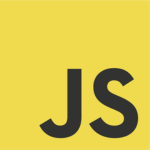
JavaScript serves as an essential tool for blockchain engineers as the foundation of web3.js and ethers.js libraries. Web3.js and ethers.js are essential libraries for interaction with Ethereum Virtual Machine or EVM blockchains. JavaScript also serves as the foundation of Hardhat, an important tool for developing and deploying smart contracts. Hardhat has been created with the foundations of JavaScript and helps in simplifying the process for developing on Ethereum platform.
Start learning Blockchain with the world’s first Blockchain Skill Paths with quality resources tailored by industry experts Now!
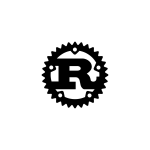
Rust is one of the most efficient programming languages for blockchain engineers, as it supports smart contract development. Engineers can use Rust for effective collaboration between different teams with open-source support. Rust also helps programmers control the low-level details without micro-management or hassles.
Therefore, it provides the ideal blend of seamless coding experience and technical capabilities. The real-time compiler of Rust also plays a crucial role in driving its popularity that, ensures stability and speed. It evaluates the code by using refactoring and feature additions. Some of the notable examples of applications of Rust in blockchain landscape include NEAR, Solana, Polkadot, and Substrate.
Curious to understand the complete smart contract development lifecycle? Enroll now in the Smart Contracts Development Course

It also offers the advantage of extremely fast compilation time. It also enables simultaneous programming, which offers promising benefits for different teams, including engineers. In addition, Golang offers the benefit of easier maintenance and better efficiency than the legacy coding languages for blockchain engineers.
The prominent advantages of Golang include usability, readability, and efficiency. Golang is easy to learn and offers a limited burden of maintenance in the long run. It is the ideal pick for high-performance programs alongside distributed ecosystems. Golang has one of the popular implementations of Ethereum protocol with Go-Ethereum. You can avail of Go-Ethereum as a standalone client known as Geth or as a library that you can embed in Go, iOS, and Android projects.
Excited to learn the basic and advanced concepts of ethereum technology? Enroll now in the Ethereum Technology Course

C++ is a trusted choice for blockchain engineers with a broad range of features. You can capitalize on C++ for efficient CPU management and memory control. In addition, it also offers the benefit of compile-time polymorphism to ensure enhancements in performance. C++ is a reliable blockchain engineer programming language as it offers flexibility of code isolation for distinct data structures. It also offers the option for moving semantics to copy data and also supports execution of parallel or non-parallel threads. Apart from Bitcoin, some of the other dominant altcoins, such as Litecoin, EOS, Stellar, and Ripple, use C++ as their foundations.
Learn about the fundamentals of blockchains with Blockchains Fundamentals Free Course

As a result, it is successful in establishing a benchmark for blockchain-centric programming languages. Move is a multi-purpose programming language that was crafted specifically for the Diem blockchain project. It follows a resource-oriented model that ensures better safety and quality assurance for digital transactions.
The unique feature of Move is the ability to perceive digital assets as singular resources that cannot be cloned or exist in two different locations simultaneously. As a result, Move could ensure authenticity of transactions and reduce the concerns of asset duplication or theft. Another reason to include Move among the most popular programming languages for blockchain engineer is the modular design.
The modular design of Move can help developers create, publish, and manage custom modules that offer better flexibility and scalability for blockchain projects. Move can help in encouraging diversity among components alongside specialized modules for pre-empting potential threats such as reentrancy attacks that improve the security layer. Another important highlight among the features of Move points at its verifiability and dynamic dispatch mitigation for ensuring clarity during execution.
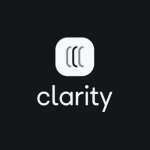
Clarity also helps in fighting against reentrancy attacks. Another important reason to focus on Clarity is the lack of professionals with skills in Clarity. It can provide an exceptional advantage in career development for blockchain engineers in roles that demand expertise in Clarity.
Master the advanced technical facets of the blockchain and drive next-level efficiency to any business with Blockchain Engineer Career Path
Conclusion
The outline of different programming languages for blockchain engineers showcases the important details about each programming language. However, the answer to ‘Which programming language is best for blockchain engineer?’ would direct you towards multiple answers. You have to choose the right programming language according to the blockchain ecosystem you are working on and the special requirements of the project. Learn more about the top programming languages for an aspiring blockchain professional right now.

*Disclaimer: The article should not be taken as, and is not intended to provide any investment advice. Claims made in this article do not constitute investment advice and should not be taken as such. 101 Blockchains shall not be responsible for any loss sustained by any person who relies on this article. Do your own research!
